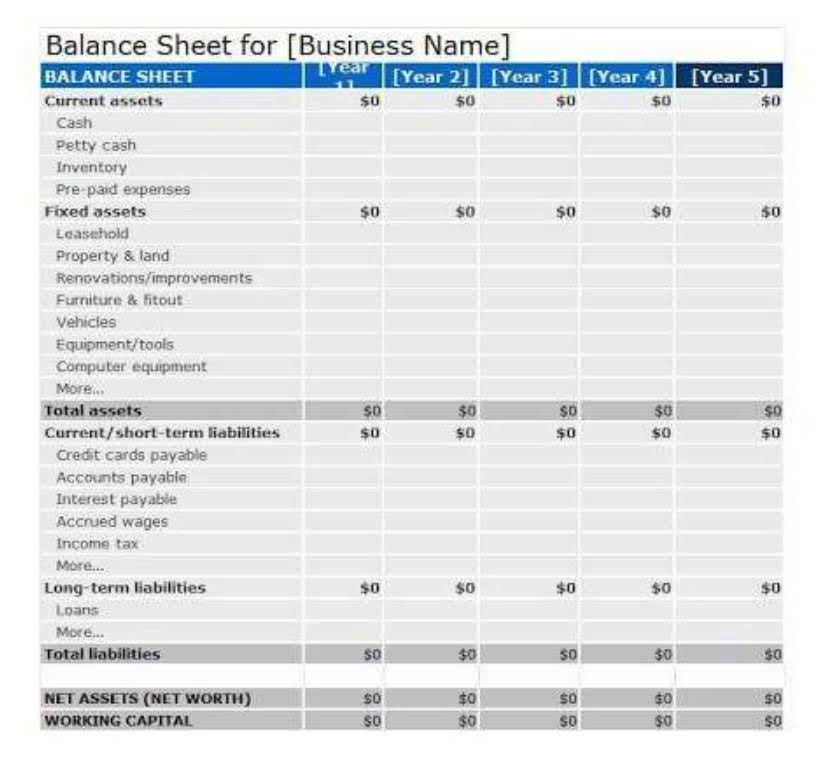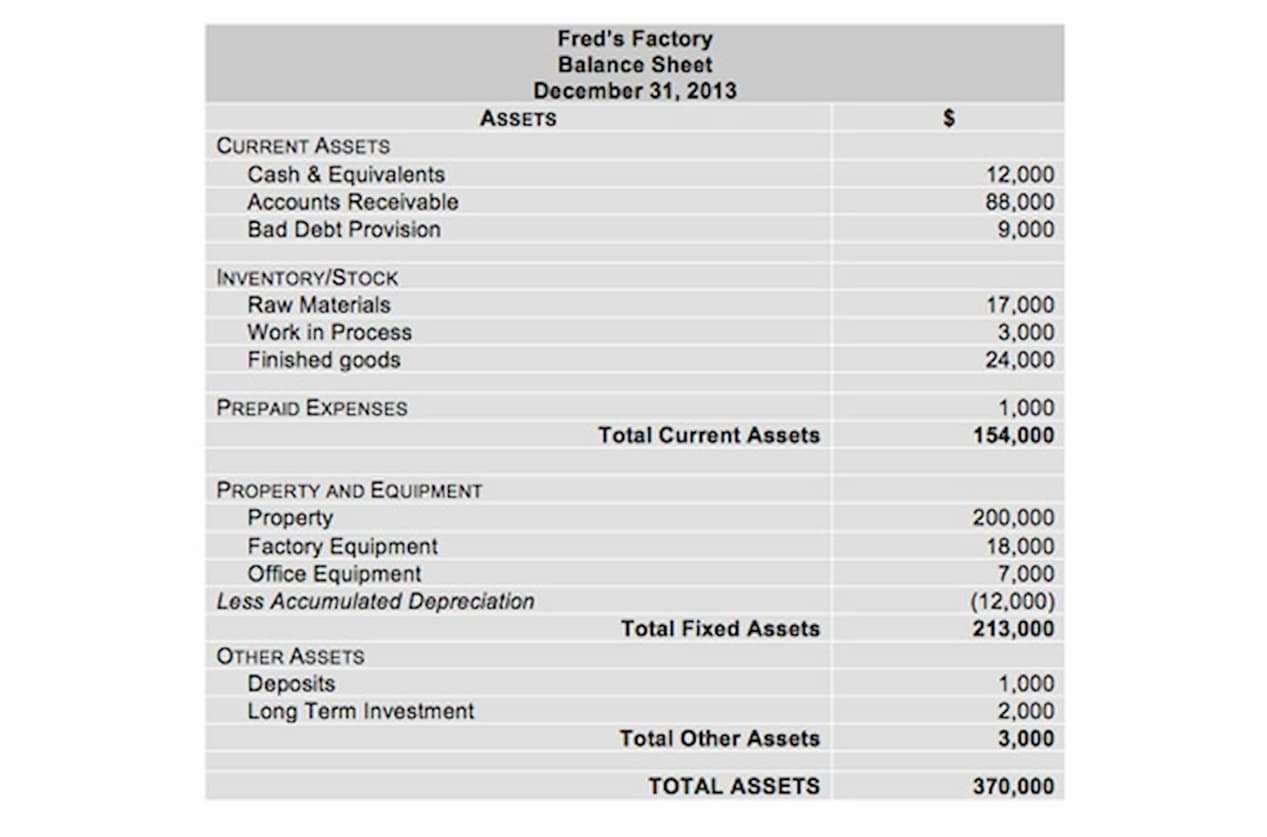
It is usually conducted annually after the completion of the organization’s fiscal year, as it focuses on the examination of financial statements for the purpose of expressing an opinion. Sometimes, it depends on local regulation, one or two people handheld CPA and also registers in the local authority that controls CPA firms. Well, Those Charged With Governance include someone or a group of people at the highest level of management of an entity. Internal audit is the employee of the entity and normally they are working in the internal audit department or internal audit division. The purpose of an external audit is sometimes required by law, regulation, shareholders, or sometimes required by the bank. On the other hand, external audit is entirely independent in which a third party is brought to the organisation to carry out the procedure.
International Taxation

External audits are carried out by independent third-party auditors and are primarily focused on the accuracy of the financial statements. In some cases, external auditors may also be hired by investors, regulators, or other stakeholders who want to ensure the integrity of the financial information provided by the organization. The primary objective of an internal audit is to identify areas for improvement and to ensure that the organization’s internal controls are functioning effectively. Internal Audit is an independent, objective assurance and consulting activity designed to add value and improve an organization’s operations.
Related AccountingTools Courses

Both internal and external audits require access to organizational information while maintaining independence and objectivity. While the internal and external audit functions are complementary and may need to work closely together, their purposes and areas of internal vs external audit focus differ. The Institute of Internal Auditors (IIA) emphasizes that the two functions do not compete or conflict; rather, they both contribute to effective governance.
Why Are Internal Audits Important and Why Do Companies Need Them?
The main purpose is to provide assurance to stakeholders, such as shareholders, creditors, or regulatory bodies, that the financial statements are free of material https://www.bookstime.com/articles/net-realizable-value misstatements. A third party or independent auditor, called external auditor, is appointed to carry out the process of audit and give an unbiased opinion on the financial statements and records of the company. The external auditors carry out the audit under the provisions of an applicable law on behalf of shareholders or a regulator.
It checks the accuracy, completeness, and validity of the annual account of the firm. On the contrary, External Audit which is obligatory for every separate legal entity, where a third party is brought to the organization to perform the process of Audit and give its opinion on the Financial Statements of the company. The board of directors often delegates the hiring responsibility to the audit committee. An internal audit is typically carried out by an internal retained earnings audit department or by individual employees who have been trained in auditing techniques. Internal audit is an independent, objective assurance and consulting activity that adds value and improves the operations of an organization.
Difference Between Internal Auditors vs External Auditors
- However, there is a fine line of difference between internal audit and external audit.
- Internal auditors conduct risk assessments and develop audit plans based on the organization’s objectives, risks and regulatory requirements.
- In some cases, external auditors may also be hired by investors, regulators, or other stakeholders who want to ensure the integrity of the financial information provided by the organization.
- In conclusion, understanding the distinctions between internal and external audits is essential for organizations to effectively navigate the complexities of governance, risk management and compliance.
- However, IIA also issued an internal audit code of ethics that should follow by the internal auditor.
- But that misleading impression overlooks the foundational role that internal and external auditors play in the world of business.
The scope of the external audit depends on the services requested by the entity and the availability of services in the firm. Internal audit, by the way, does not express an opinion on the truth and fairness of an entity’s financial statements even those they tested. With preventative and detective controls integrated across the BlackLine platform, organizations can streamline their audit processes and improve their overall audit readiness. Yes, the terms «independent auditor» and «external auditor» are often used interchangeably. External Audit focuses specifically on the financial statements, ensuring they are presented fairly and in accordance with applicable accounting standards. The main objective is to provide assurance to external stakeholders, such as investors, regulators, and creditors.

Audit Scope
IFAC defines an external audit code of ethics and they are tailored by the firm for internal use. They are also responsible for reporting any significant errors, fraud, or problems found to the audit committee and board of directors. Work in an external audit firm as normal staff are not required to hold ACCA, CPA, or CA, but if you hold one of them, your credit is better than others. Sometimes, it also follows the requirement of other related bodies like security exchanges to be able to audit the entity’s financial statements listed in the stock exchange. The internal auditor normally uses the audit standard issued by the local regulator or body and adoption of the International Standard on Auditing (ISA) which is issued by IFAC. On the contrary, an external audit is independent in which the third party is brought to the firm to carry out the procedure.
- It encompasses the evaluation of internal controls, identification of inefficiencies/wastages in the process, and even recommendations for improvements.
- The scope and focus of an audit are tailored to its objectives, which differ markedly between internal and external audits.
- External audits, on the other hand, concentrate on the accuracy of an organization’s financial statements.
- Instead, they are reviewing the internal control over financial reporting to ensure that good internal controls are in place to ensure that the financial reports are prepared in all material respect.
- But, they online issued finding along with the rating of those finding based on the impact and likelihood of findings found.
- It primarily focuses on providing an independent and objective assessment of the financial statements and ensuring compliance with accounting standards and regulations.
Can internal audit assess financial statements?

Internal auditors delve into the organization’s procedures and operations, offering recommendations for improvement and verifying that the company adheres to laws and regulations. Their work is proactive, focusing on identifying potential future issues and ensuring that the organization’s internal controls are robust and effective. Internal audits and external audits serve distinct yet complementary purposes within organizations. Internal audits are conducted to evaluate and enhance internal controls, risk management processes and operational efficiency. These audits provide valuable insights into the organization’s internal operations and help identify areas for improvement. Internal Auditors are company employees which is hired by the company, meanwhile the External Auditors work for an outside audit firm and appointed by a shareholder vote.
